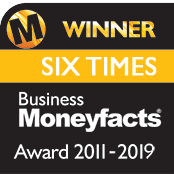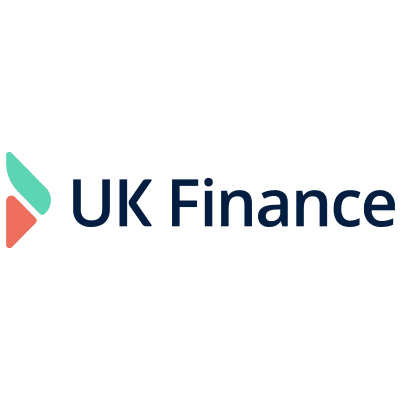How to Find a Business Accountant
Finding the right accountant for your business can feel like a daunting task. There are seemingly endless possibilities out there, and narrowing them down certainly takes time, effort, and a certain degree of knowledge.
Whether you want to move away from your current provider or you’re setting up a new business and have never had an accountant before, it’s not a decision that can be rushed into – not if you want to get the most out of having one.
What to look for
Accountants do more than just filing taxes; a good quality business accountant will be able to find ways to help you grow your business, minimise tax liabilities and make sure that you remain as profitable as you can be.
Each company’s accountancy needs are unique and it’s vital that you identify what these needs are. Below are some of the main services that an accountant can offer that you may consider when deciding your criteria.
Auditing
As the current turnover threshold for an audit to take place is £6.5 million, limited liability partnerships and other companies that meet this mark will at some point require an audit to take place. It is important to have a qualified accountant that can offer independent, impartial advice on the UK auditing process.
VAT Services
Value added tax is tax due to HMRC on sales of goods and services rendered. Any business with an annual turnover in excess of £85,000 must register for VAT and report (and pay, if applicable) it quarterly to HMRC.
Payroll
Regardless of your experience in payroll accounting and payroll management, as an employer you are expected to have full knowledge of your obligations. The price of falling foul of these laws and obligations can be costly to your business, not only in terms of potential penalties that could be levied on you, but also the time that will be taken up in dealing with an enquiry from any number of different government bodies. A good accountant can help you plan for and manage your payroll responsibilities within your small business.
Bookkeeping
Keeping up-to-date and accurate company books is a must for any company, no matter its size. Company law requires directors to prepare financial statements annually. They are responsible for keeping accounting records that sufficiently show and explain the company’s transactions, and disclose with reasonable accuracy its financial position at any time.
Income tax support
Some of the many benefits to having support from a chartered tax advisor include being able to reduce your tax burden. They can also help with any business disputes, clear up any confusion over tax codes, or simply offer long term strategic advice. Having this support can be invaluable in making you aware of things you may have never considered, such as claiming R&D tax credits, which are worth an average of £46,000 per year for qualifying businesses!
As well as all of the above, some accountancy firms will be able to offer more specialised services depending on whether they are industry specific or not. For example, an accountant who is experienced with working within the contracting sector will be able to help with reviews of IR35, which is legislation that was put in place to ensure that contractors aren’t taking advantage of being on a PAYE scheme without paying the full national insurance and PAYE taxes.
Bear in mind that there usually is an additional charge for any specialised services.
What costs to consider
Extra fees for industry specific services aside, the cost of finding and hiring an accountant predictably varies depending on whether you go for an independent practitioner or a large firm. For a lot of companies, particularly those just starting out, it’s definitely tempting to choose what seems like a cheaper accountant, but this doesn’t necessarily mean you will save any money. The service you receive will be proportionate to what you pay, meaning that it will likely be generic rather than tailored to what you truly need, and the length of time you spend waiting to hear back could be lengthy.
That being said, choosing the most expensive firm doesn’t always guarantee you the best service either.
The wisest thing to do is to be as cost effective as possible, which means taking a lot of factors into consideration such as the accountant’s location, industry, and qualifications and making a decision accordingly. Once you find one, a good accountant could end up saving you more money than they cost you – so don’t always assess them on price alone.
Qualifications
We would recommend choosing a business accountant who is chartered. This means that they hold a current practicing certificate, which ensures that indemnity insurance is in place and that there are governing bodies to deal with complaints. Many of these firms will also have chartered tax advisors in-house who will be able to provide relevant and quality tax advisory services for your business.
You wouldn’t hire a non-qualified mechanic or electrician to work on your house – why would you treat your business finances any differently?
Do your due diligence
By now, it’s likely crossing your mind just how much work it is finding the right accountant for your company. But it’s worth spending time on this process, and following the pointers above to ensure you end up with not only the cheapest accountant, but one with the necessary skills, knowledge and experience to help you push your company forward.
Find An Accountant
Complete our quick form and we will be in touch to provide free, no obligation, impartial information about funding options from over 25 lenders.
By submitting your details for us to get in touch, you agree that you have read and understood our Terms and Privacy Policy.





